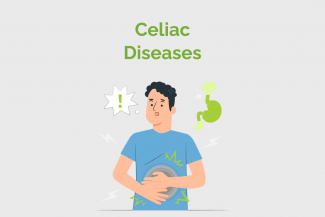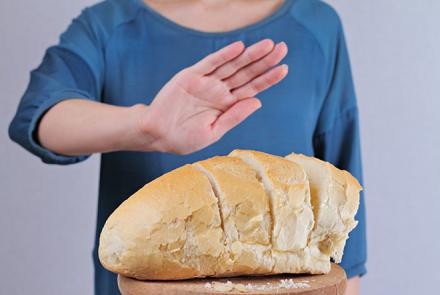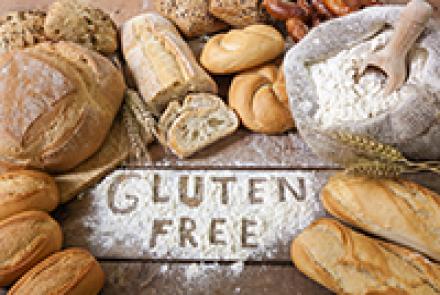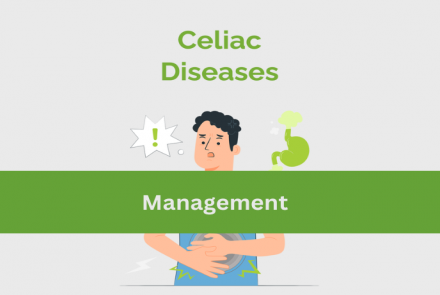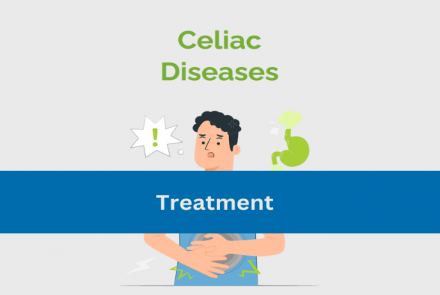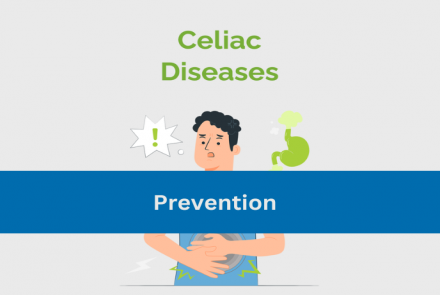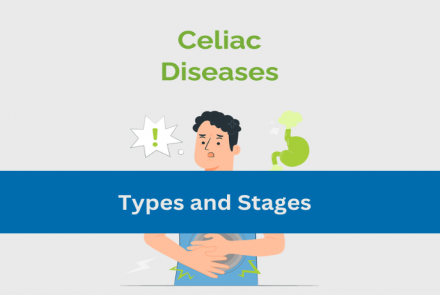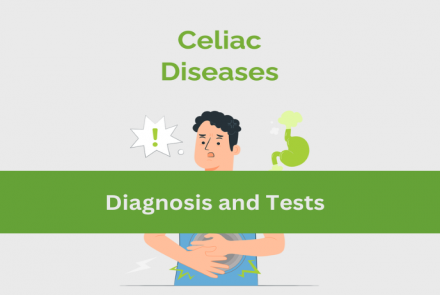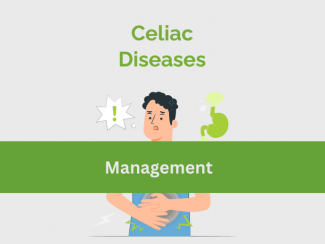
Principles of a lifestyle free of gluten will entail:
- Avoid all foods made from wheat, rye and barley. Examples – daliya, wheat roti, paratha, noodles, pasta, naan, kulcha, poori, breads, biscuits, buns, patties, cookies, all sooji, vermicelli and maida items. Be aware of hidden sources of gluten and make your choice.
- Condiments such as soy sauce, salad dressing, cheese spreads, bottled smoothies and milk shakes, malt vinegar also contain gluten.
- Processed foods are most likely to contain gluten. Wheat flour is a common ingredient in many processed and fried snacks. Example: samosa, spring roll, kachori, gulab jamun, jalebi, ice cream with additives, candy bars, etc.
- Beware of tablets, capsules, vitamin preparations that contain gluten.
- Avoid wheat ales, beer and distilled liquors.
- Oats are gluten free but packagedquick oat preparations can be contaminated with wheat. Opt for stone cut, or whole rolled oats.
- Malnourished people should consult their doctor about taking a multivitamin. Patients with iron deficiency anaemia should be treated with iron. Patients with anaemia due to folate or B12 deficiency should be treated with folic acid and B12. Patients with low blood calcium levels or with osteoporosis should be treated with calcium and vitamin D supplements.
- Educate yourself and learn gluten free cooking and baking recipes from books, websites or classes.
Diet – Eat fruit, vegetables, meat, fish, seafood, legumes and nuts. Rice, corn, oats, millets, amaranth are gluten free and can be included in diet. When eating out, never forget to communicate to the restaurant staff about your dietary needs.
Exercise - Once you are on a gluten-free diet and are not losing weight, it is fine to exercise. In fact exercise increases blood circulation, which is good for gut health and digestion
Speak to your doctor before starting on an exercise regimen so you know you are in optimum health. Low iron levels could mean low energy and low calcium levels could mean weak bones. Your doctor can advise on the best exercise and diet plan to support the increased activity.
Join a support group or connect with patients for valuable information, tips and emotional support.
Read: Personal lived experience of Celiac Disease
By implementing these strategies you can effectively manage the celiac disease and enjoy a happy and healthy gluten free life.
Related reading: https://www.patientsengage.com/healthy-living/do-you-need-more-iron-your-diet
Know your support team
- Family medicine doctors
- Paediatricians
- Dieticians
- Internists
- Nurse practitioners

